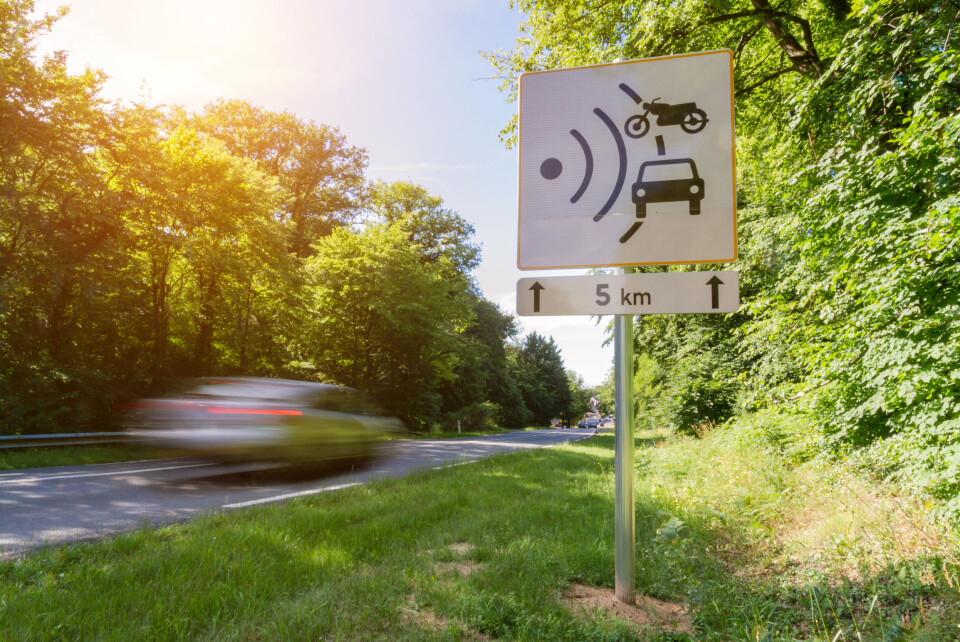-
Alder pollen spike leads to warnings across most of France
Parts of the south-west at highest risk. Cypress pollen is also present along French Riviera
-
Warnings after dog poisonings in south of France countryside
More than 20 dogs, including truffle hunting animals, have been poisoned by mysterious pellets
-
Poll: People in France very attached to local public services
Almost four in 10 would support paying more tax to ensure services remain well-funded
France’s income from speed cameras hits a five-year high
The devices brought in €707 million in 2022 and that figure is expected to rise again this year

France’s income from speed cameras hit €707 million in 2022 - a five-year high.
The figures, published on Radars-auto.com and taken from France’s public accounts office la Cour des comptes, show revenue over the last nine years.
The Covid pandemic and the gilets jaunes protests - which saw speed cameras vandalised - contributed to a drop in receipts in the last three years.
Income was €561 million in 2019, rising steadily to reach €655 million in 2021.
But in passing the €700 million mark last year, income was the third highest since 2013. It peaked at €824 million in 2017, up from 760 million the year before.
Additionally, the €707 million figure only includes base fines - the amount if the penalty is paid immediately. Taking into account income from fines that increased because they were not settled on time, the figure would rise by an estimated €200 million.
Radars-auto.com says income is expected to increase in 2023, with the number of speed cameras in France set to hit 5,600.
The cost of maintaining speed cameras is also considerable, said la Cour des comptes. It is forecast to hit €332.8 million this year, €1.2 million less than in 2022.
These costs include the maintenance of cameras, and repairs in case of vandalism, as well as costs associated with deploying new machines.
Related articles
The French speed cameras that reward rather than punish
Speed cameras in France ‘selected for profit, not to make roads safer’
























